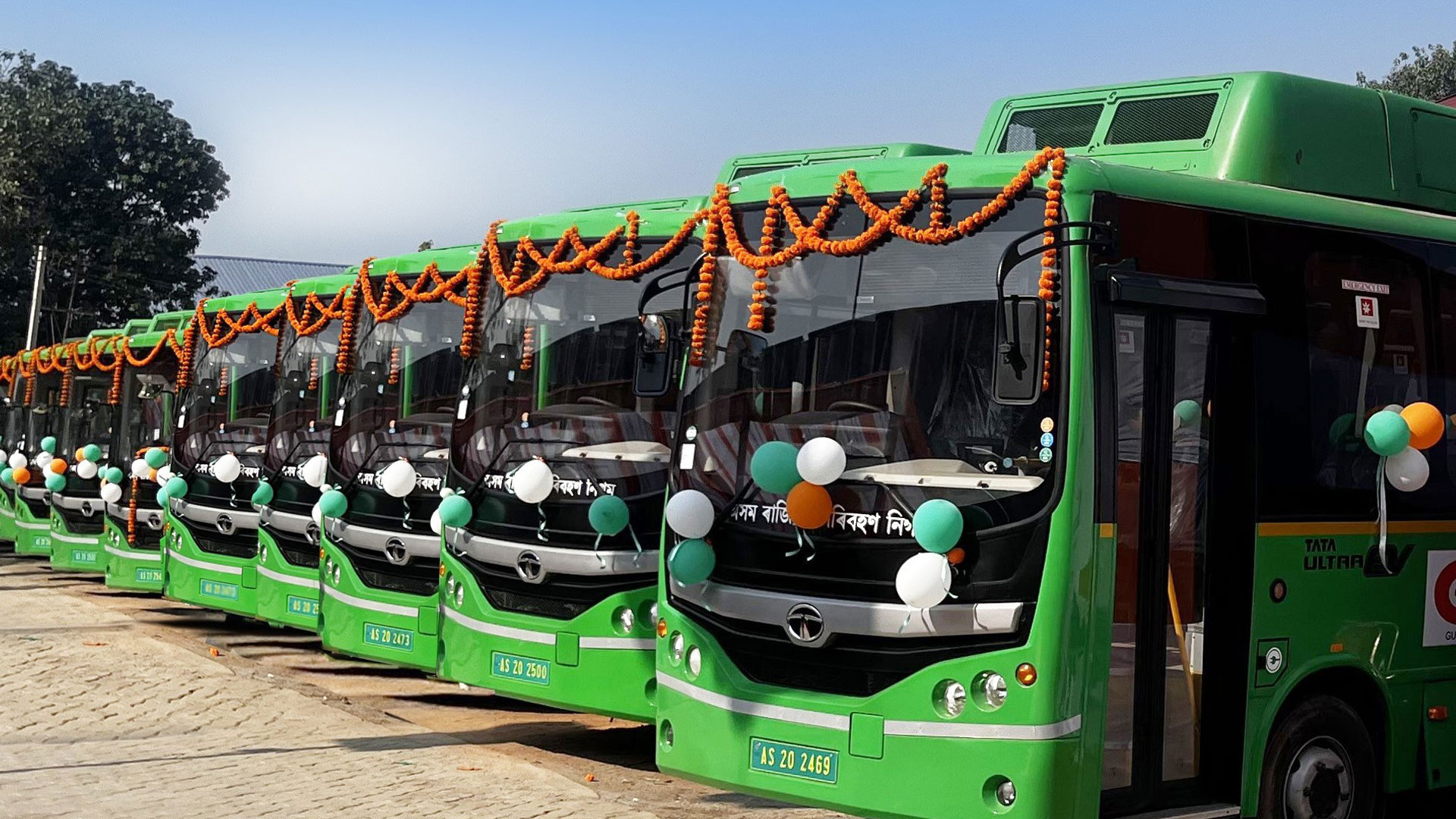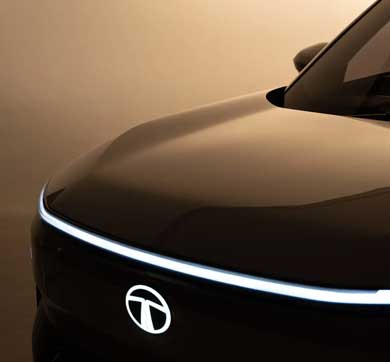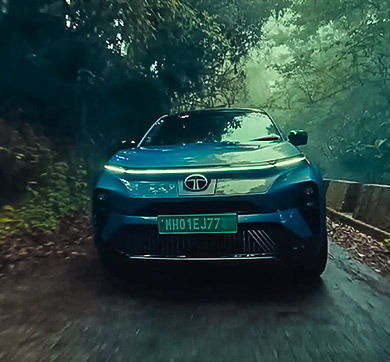November 2024 | 804 words | 3-minute read
India was declared the third-most polluted country in 2023 according to the ‘World Air Quality Report 2023’ released by Swiss air quality monitoring body, IQAir. A key contributor to urban air pollution is road transport, which presently accounts for 12% of India’s energy-related CO2 emissions reports The International Energy Agency.
In order to provide a major push for the early adoption and market creation of both hybrid and electric technologies vehicles in India, the Department of Heavy Industries, Government of India and the NITI Aayog launched Faster Adoption and Manufacturing of (Hybrid) and Electric Vehicles (FAME) I Scheme in 2015. This was followed by the FAME-II scheme in 2019 and the PM-eBus Sewa Scheme 2023 with the aim to augment bus operations by the deployment of 10,000 electric buses on a Public-Private Partnership model. Recently, the Government has introduced the PM E-DRIVE scheme, which is aimed at giving impetus to electrification of trucks, buses, ambulances, two- and three-wheelers and expanding the footprint of the charging infrastructure.
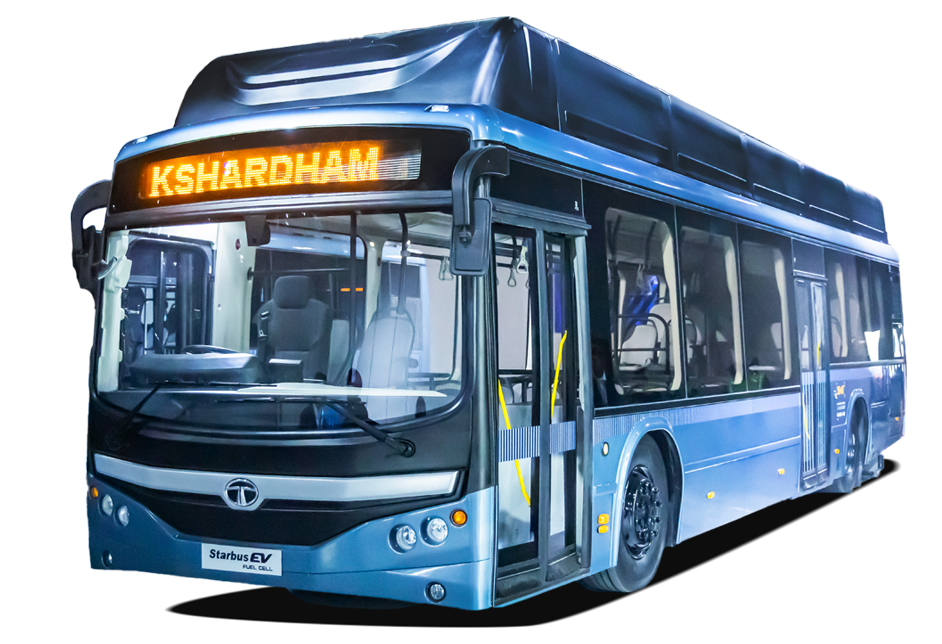
As early as 2010, Tata Motors introduced a fleet of hybrid buses during the Commonwealth Games, making it the first time that hybrid buses were used for public transportation in India. In 2022, the company incorporated a wholly-owned subsidiary — TML Smart City Mobility Solutions Limited (TSCMSL) — to provide sustainable, affordable, reliable, technology-driven and holistic e-bus mobility solutions.
Providing end-to-end e-mobility solutions
As India seeks a greener and more sustainable future, Tata Motors has taken a lead in the electric mass mobility space with over 3,300 e-buses deployed across 10 cities, cumulatively covering a distance of about 21 crore km and best-in-class 95%+ uptime, leading to a significant reduction of 1.23 lakh+ tCO2 emission.
“We are transforming mobility in India with deeper commitment, and proactive actions towards achieving net zero emissions by 2045. We are reimagining every aspect of our business to reach this ambitious but achievable goal,” says Girish Wagh, Executive Director, Tata Motors.
While it first entered the sustainable mass mobility business through a pure sale business model in which it sold electric buses to State Transport Undertakings (STUs), TSCMSL adopted a Gross Cost Contract (GCC) model in which the company owns, operates and maintains the electric buses. Tata Motors also provides e-mobility solutions to private companies for employee transport, in addition to deploying a fleet of tarmac buses within airports.
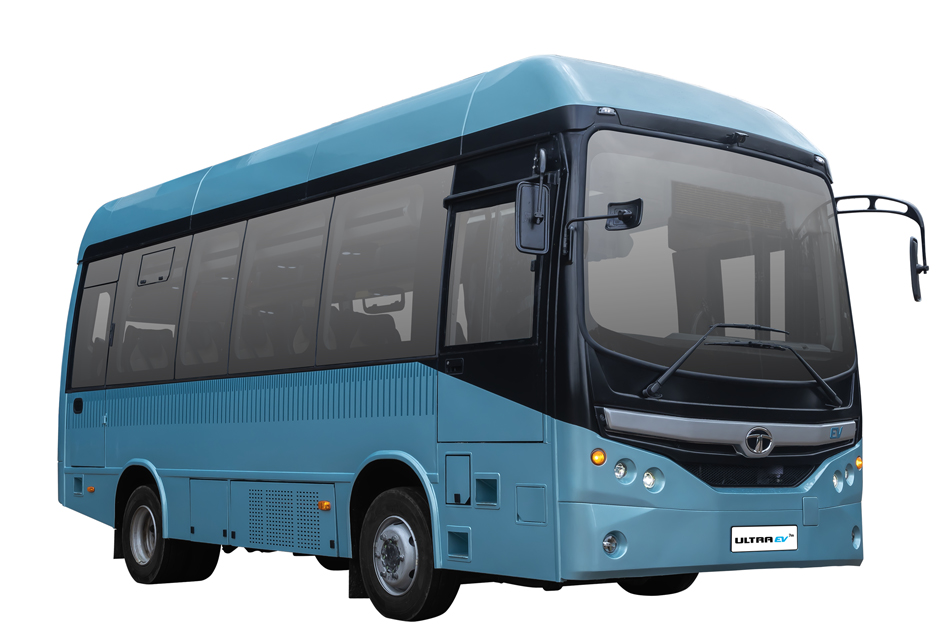
Providing end-to-end e-mobility solutions
Tata Motors has transitioned from being primarily a vehicle manufacturer to a holistic mobility solutions provider.
Reliable e-bus technology
Tata Motors e-buses are built on the proven Starbus and Ultra platform. These 7m, 9m and 12m buses have been rigorously tested under extreme climate and driving conditions. With full-electric drivetrain, these e-buses optimise energy consumption, resulting in low energy usage and operational costs, making them the preferred choice for leading STUs.
Streamlined infrastructure and workforce development
TSCMSL works extensively in setting up the required infrastructure to support the seamless functioning of electric buses. This includes installation of charging stations and maintenance bay at depots. Placing people at the centre of the solution design, TSCMSL has curated training programmes for drivers and technicians to orient them with the technology.
Operations and maintenance solutions
TSCMSL has adopted best-in-class operations and maintenance standards in keeping with the 24x7 nature of public transport. E-buses are typically fully charged overnight before being deployed on their routes with regular preventive checks and maintenance being performed on the vehicles.
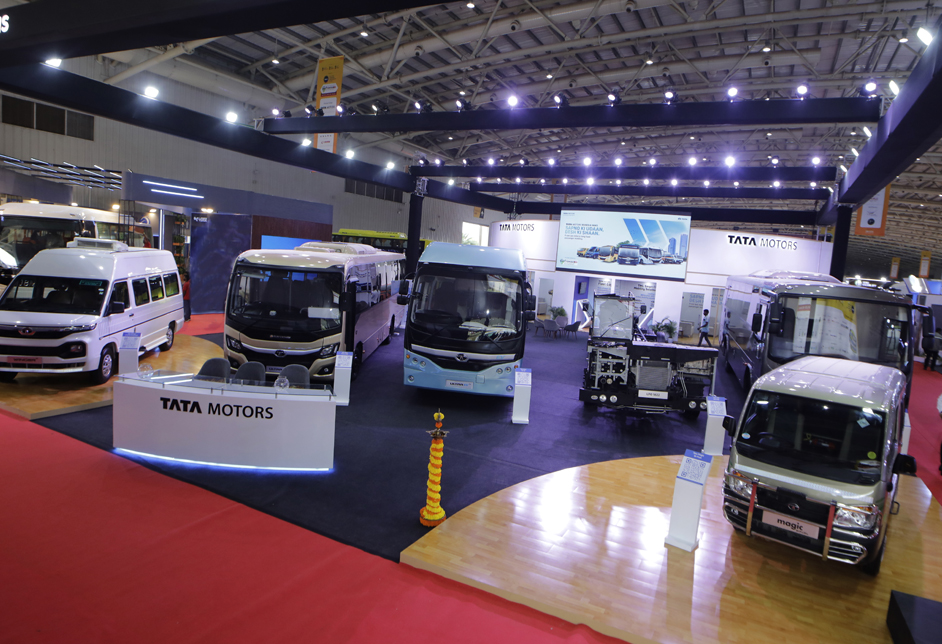
IT enablement
The technology powering TSCMSL’s bus operations includes intelligent transport management, route management system, depot management system and cutting-edge prognostics.
Inside the Tata UniEVerse
Tata Motors benefits from being a part of the Tata UniEVerse, a holistic e-mobility ecosystem that has seen it launch a concerted effort with other Tata group companies such as Tata Power, Tata AutoComp, Tata Technologies and TCS to create conditions favourable for ownership of EVs.
Gearing ahead
Through its dedicated focus on offering sustainable urban mass mobility solutions, Tata Motors is revolutionising the landscape of public transportation in India, thereby playing an instrumental role in fulfilling the government’s objective of deploying 1,50,000 buses for public transport by 2033.
Revving up
- 7m, 9m and 12m buses rigorously tested under extreme climate and Indian driving conditions.
- Tata Starbus 4/12 EV — the only PLI certified e-bus
- Hydrogen Fuel Cell-powered buses — Introduced the first-of-their-kind buses to Indian Oil Corporation Limited, underscoring a strategic collaboration aimed at reducing carbon emissions and promoting green energy in public transportation
- Safety First – GPS tracking systems, CCTV cameras, panic and stop button
- Comfort First – Roomy interiors with wide entry and exit passages
- Inclusion First – Low floor entry and ramps for persons with disabilities
- Sharmistha Choudhury




